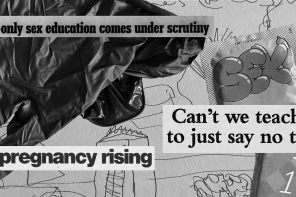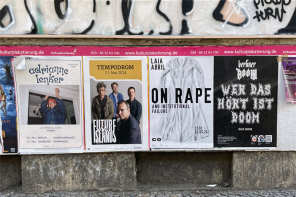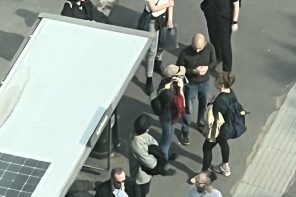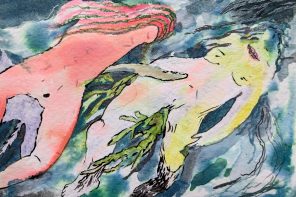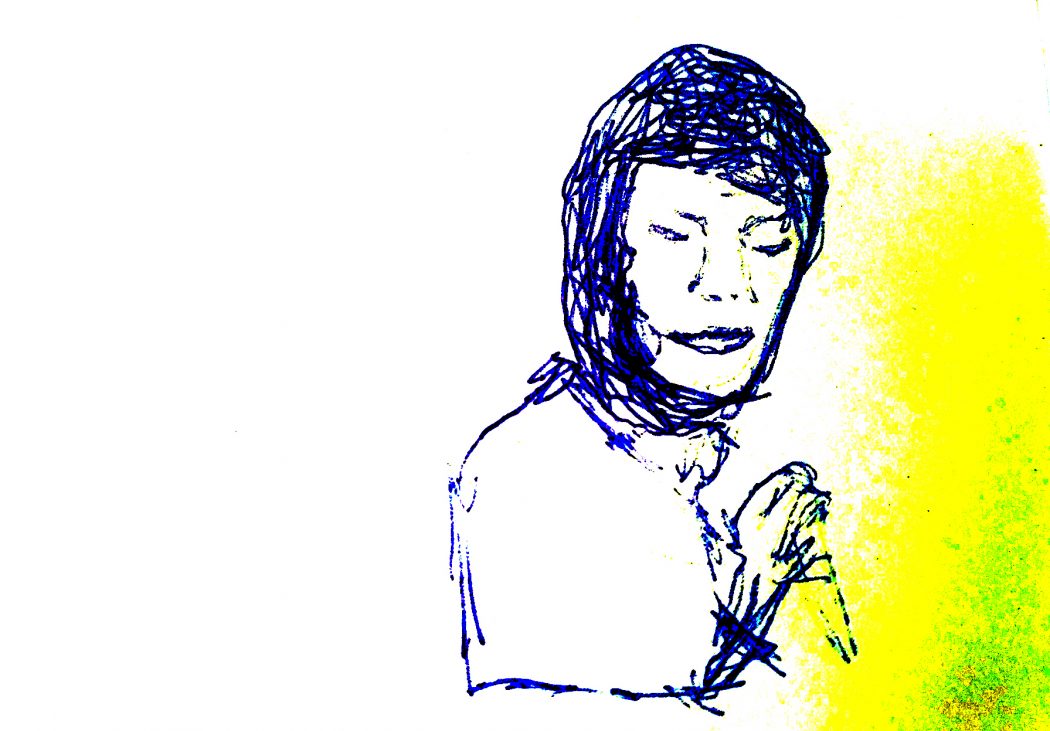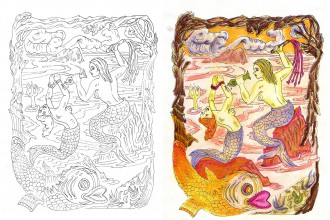Last winter I came to visit my partner in Berlin. I noticed that I was spending a lot of time thinking about which homeless person to give my money to. I live in Tel Aviv, and in both cities the amount of people who ask for money is very visible in daily life.
Whether I liked it or not, when I first moved to a big city, I realized that you can’t ignore what is in front of your eyes: some people have money, and some don’t, some people have a home, and some don’t. In general, I try to actively see what was in front of my eyes, to be aware of the presence of homeless people, and be hypnotized by it.
I made different decisions about how to give away money that sometimes made sense to me and sometimes felt random. For example, for some period of time I gave money only to women. Then, at a different time, I decided that I should give my money twice a week to two different people so that I could give “a fair amount” rather than giving pennies to “too many”. I decided that once I give my money to someone, the decision wouldn’t be based on what the money is for; money that goes to food is as important as money that goes to drugs, or any other purpose. Finally, I decided that if someone approached me, and I didn’t give them money, I should look in their eyes when I say “no”.
I was developing an economic system of my own for giving away cash. Then I thought about whether I had made myself, ironically, a customer whose standards are to be served by homeless people, or if it’s all just a random game and I’m an audience member who unintentionally arrived to the show.
So there I was, hanging around Berlin and looking for my opportunity to give money away. I sat down in a popular neighborhood bar. It was a cold night and I had ordered a hot chocolate with rum. The place was full of foolish people chatting with each other. Suddenly, a loud voice entered the room. I was looking at them, in their eyes, and realized that they looked like me and didn’t look like me at the same time. And then they opened their mouth wide and started reciting a theatrical monologue in German. It was probably from a play but I couldn’t recognize it; the only words I understood were the name of a children’s author, Erich Kästner. There was still chatting going on in the bar, and so the monologue-maker stopped and asked two men to kindly be quiet, and so they did, and so did the rest of the entire bar. When they finished their monologue, I reached out into my wallet and took a two-euro coin. When I handed it to them, they gave me a confident pat on my back (butch style), as if to say, “not quite yet”, and began the same monologue again, accurately, with the exact same hand gestures on every part. Hypotonic. When they finished their second round they took the money I’d laid on my table and left the bar without looking back.
When I was on the u-bahn an hour later, heading back to my partner’s home, the woman sitting in front of me was reading an Erich Kästner book. The next morning I thought maybe I should read more books.
Words and image by Natalie Igor Dobkin
Natalie Igor Dobkin (34), based in Tel Aviv, is a performance artist, a teacher, and an adjunct professor in the department of gender studies at Ben Gurion University of the Negev, Be’er Sheva, for which they had been noted an outstanding lecturer. They teach a performance-art course at the Pre-Academic Art School “The Garage”, for students facing mental health challenges. Dobkin regularly facilitates and independant workshop in Tel Aviv that deals with the performer’s identity in gender and sexual contexts, and in the stage world. Dobkin holds a M.A in gender studies from Ben Gurion University of the Negev, Be’er Sheva, and a B.A in theatre directing and pedagogy from Seminar Hakibutzim College, Tel Aviv.

